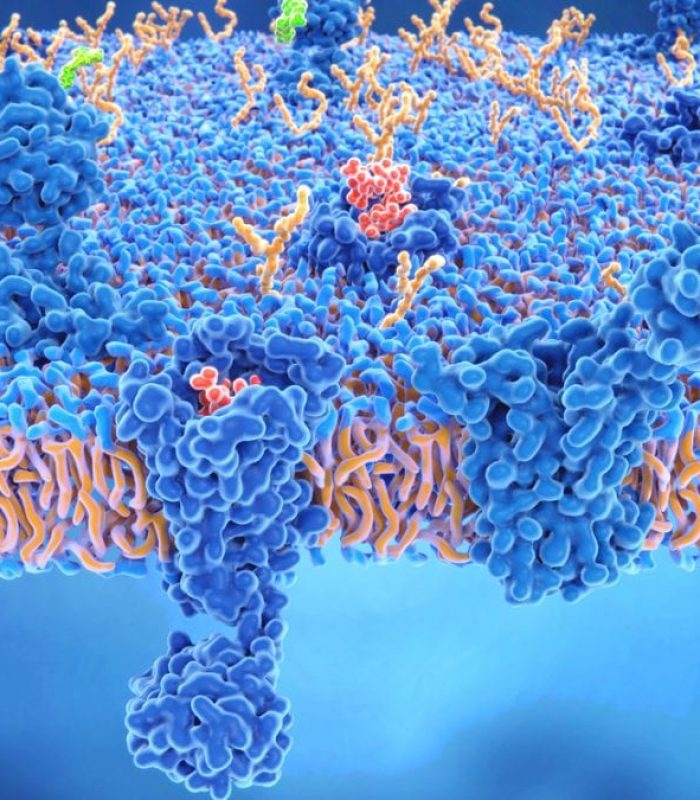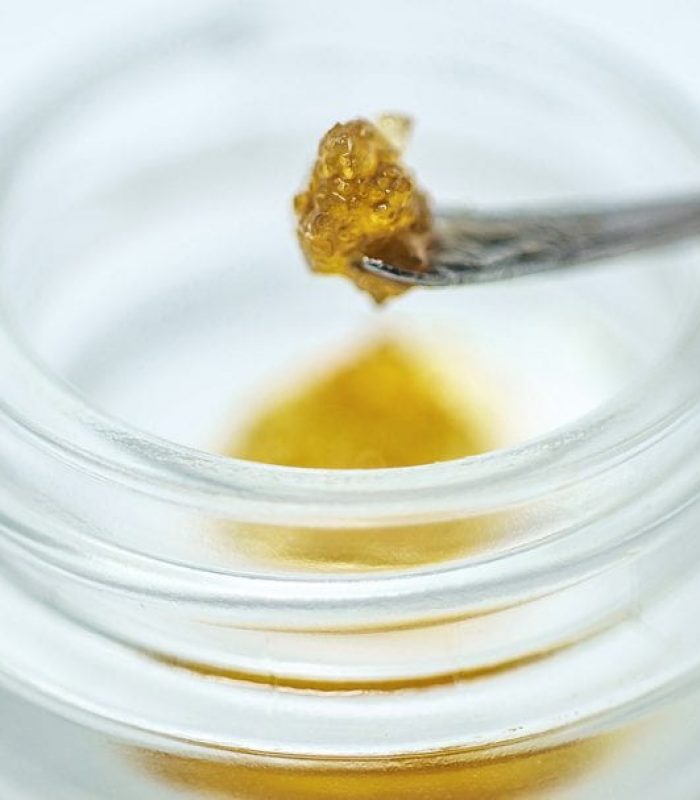Does cannabis help the endocannabinoid system in creating new brain cells (neurogenesis)?
Neurogenesis is the process of making new brain cells. In adults, this is critical to learning, mood regulation, and maintaining brain health. In fact, many psychiatric disorders, like depression and schizophrenia, accompany an impaired neurogene process. Importantly, the endocannabinoid system plays an active role in the neurogenesis process.
What Role Does the Endocannabinoid System Play in Growing New Brain Cells?
The endocannabinoid system is the body’s own system of Endocannabinoids and cannabinoid receptors. These are numerous in all body systems. Endocannabinoid receptors concentrate in the brain and throughout the immune system.
The brain increases the production of neural progenitor cells (NPCs, immediately following injury. These begin the process of neurogenesis, in an attempt to heal the injury as well as to stop further damage. Additionally, following the brain injury, as in a stroke, or force related traumatic injury, the endocannabinoid system ramps up production of endocannabinoid molecules and receptors. According to scientists, this is evidence that the endocannabinoid system is involved in neural regeneration.
Scientists confirmed the participation of the endocannabinoid system in neurogenesis through animal studies. In an animal model of brain injury, mice bred to lack cannabinoid receptor CB1 or mice with the activity of the CB1 receptor blocked, reduced neurogenesis. In in vitro studies on neural cells, growth and division of NPCs were inhibited when the activity of the CB1 and CB2 receptors were blocked.
What is the Role of Cannabinoids in Neurogenesis?
Cannabidiol (CBD) appears to increase neurogenesis in animals. For example, one study on an animal model of chronic stress found that CBD could undo the reduced neurogenesis and the anxiety. Importantly, animal studies have shown that neurogenesis only occurs after long term administration of cannabinoids, so it doesn’t have an immediate effect.

Looking more closely at the brain leads to further evidence for the role of the endocannabinoid system in neurogenesis. And, thus, the potential for cannabinoids to help. High levels of CB1 and CB2 receptors were found in the part of the brain that is known to be responsible for containing NPCs and promoting neuron growth and differentiation, the subventricular zone (SVZ). The two kinds of diacylglycerol lipases (DAGLs), enzymes that help synthesize the endocannabinoid 2-arachidonoylglycerol (2-AG), are also in this part of the brain. Their presence also points to an active role of the endocannabinoid system in neurogenesis.
The mechanism seems to involve both cannabinoid receptors, CB1 and CB2. A variety of protein signalling cascades have always resulted in neural regeneration. This is in both animals and brain cells studied in vitro. These signaling pathways, once activated by cannabinoid molecules binding to the cannabinoid receptors, encourage NPCs to grow and divide. Scientists call this process “proliferation.”
Helping Cell Maintenance and the Neurogene Process
After the population of NPCs grows, they begin to migrate to different parts of the brain. Once there, these undergo a transformation into the type of cell the brain needs. Scientists call this “differentiation.”
Cannabinoids also mediate this process. After differentiation, cannabinoid receptors remain on the cells. Scientists believe these play a part in signalling three things: Whether the cell should continue to live, should undergo programmed cell death, or should receive cell maintenance.
The psychoactive side effects of activating the CB1 receptor limit the practical use of cannabis for encouraging neural regeneration. Some study subjects have a hard time tolerating the these effects of THC in whole plant cannabis and thus, may not reach therapeutic dose.
Some researchers work around this by examining other ways to manipulate the endocannabinoid system in order to encourage neurogenesis. Their work involves administering drugs to prevent endocannabinoids from breaking down in the brain. This increases the numbers of endocannabinoids present in the brain and increases proliferative effects while also limiting any undesirable psychoactive effects.
2020 Article Update: Research Confirms Cannabis’ Positive Role in Neurogenesis
Since the above article was initially published, more research has confirmed the role of cannabis in neurogenesis. Investigations involving THC found that “∆9-THC enhanced the markers involved in all stages” of the brain’s mechanism for neurogenesis. The study, published in Neurotoxicity Research (2018), found that adding THC to the brain of the animal model (rats) improved efficiency of the process of neurogenesis. The researchers saw positive results in the hippocampus specifically. The results demonstrate that THC improves the cognitive function of the uninjured rats. Further research will surmise if neurogenesis in the injured brain is as responsive to THC.






Lewis Abele
Looks like I’ll have to make myself a lab rat with CBD strains. Brain surgery in 2006 to remove a tumor, I’ve dealt with seizures and memory issues ever since. I’d love to never have side effects from drugs ever again.
Lisa Siegel
Brain surgery in 2014 to remove tumor. Also memory loss and siezures
Did CBD work for you?
Doug R
I had about 2 48 or so hour migraines a week after being bitten by a tick. I lost a lot of long term memory like account numbers… Wish my job didn’t require a CDL and random drug tests cause I sure could use some of those cannabinoids.
mel crump
TBI in 63, had anger, memory problems among many other complications, tried marijuana in 73, and it changed my life. I am now a semi normal functioning human being, able to interact with others successively most of the time.
s.karpoowit
OK , If you have these issues and are tired of the Meds. try the CBDs oils or vap if you are a smoker. Try them even if you don’t have major problems.This treatment may not be for everyone, or even help some. But I say you should try it and see. I have and , I think they are Great. I did not get HIGH from it , I felt a relief of joint pain and muscle pain, and relief of the anxiety these issues caused . I am 67yrs. old and I don’t take any Meds. except aspirin at times for pain.
Joseph panella
And, There is the ability to take CBD without the THC so you don’t have to worry about the drug test part.
David Mercado
MARIJUANA SHOULD BE LEGALIZED WORLDWIDE.